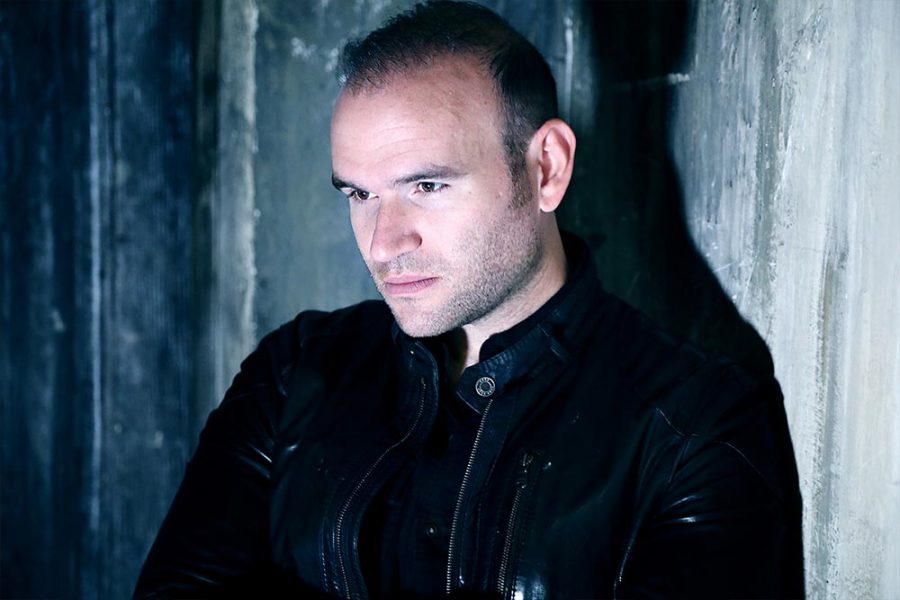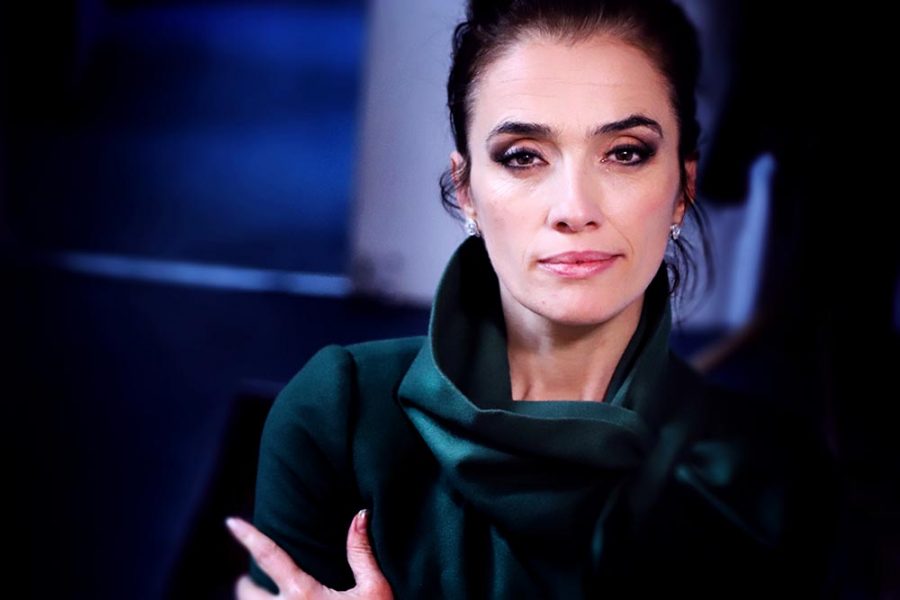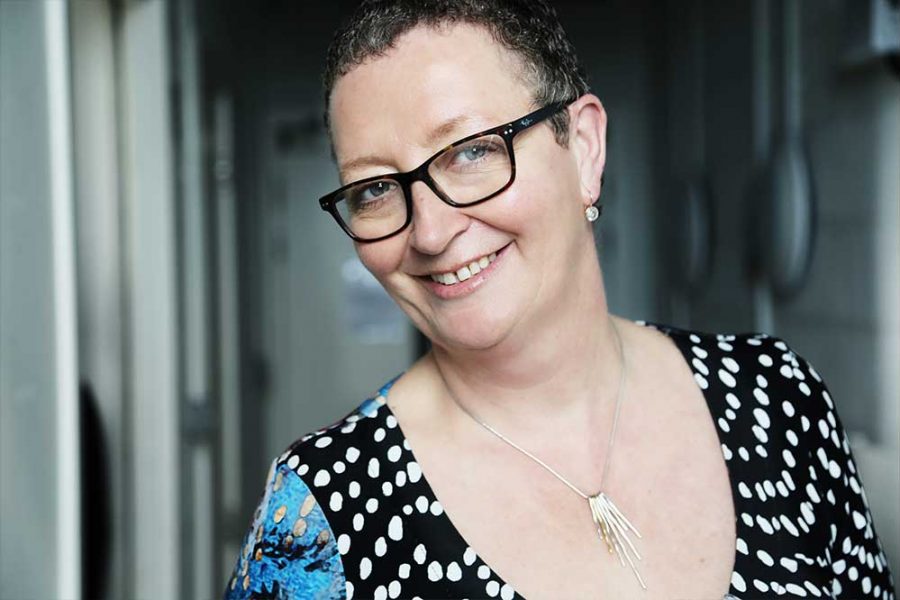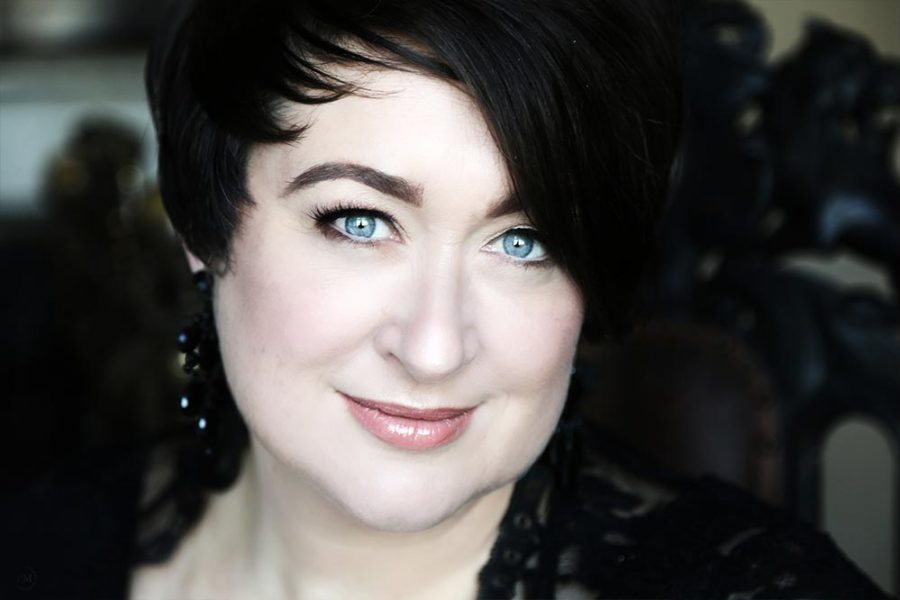Life in the Slow Lane: Paul McNamara

November 2015
Words by
Emer Nestor
Photos by
Frances Marshall
“Paul McNamara as Saint Michael sings with a vividness and beauty of tone that give the impression that there are also excellent schools of singing in Heaven and not only in Ireland.”
Klaus Geitel, Berliner Morgenpost (2008)
Tenor Paul McNamara is widely respected on the international circuit for his interpretation of the great Wagner roles. Having performed initially as a baritone, a change of Fach soon opened up new horizons. This drew McNamara to the small opera theatres of Germany where he honed his craft to great success. Since then he has gone on to sing roles in an array of operas from the scores of Mozart, Weber, Meyerbeer, Tchaikovsky, Leoncavallo, Dvořák, R. Strauss, Janáček, Zemlinsky, Berg, Britten, Penderecki and André Previn (A Streetcar Named Desire). McNamara has been invited to sing with such companies as Teatr Wielki in Warsaw, Théâtre Royal de la Monnaie in Brussels, Northern Ireland Opera, Cape Town Opera, the Janáček Festival in Brno, the Opera Lesna in Sopot (Poland), the Theatro Municipal, Rio de Janeiro and with the Salzburg Festival at the Beijing Music Festival. Equally at home on the concert platform, McNamara has appeared in some of the world’s finest venues including Berlin’s Philharmonie, the Amsterdam Concertgebouw and Carnegie Hall where he won widespread approbation for his debut with the American Symphony Orchestra under its chief conductor Leon Botstein. His performance of the demanding role of Giovanni di Salviati in Max von Schillings’ rarely performed opera Mona Lisa was hailed by the audience and critics alike.
Final Note caught up with the Irish tenor, who is now based in Berlin, to discuss opera, his love of Wagner and maintaining balance within his professional career
Although I studied piano and cello as a child, it was through singing, particularly in good choirs, that I found real enjoyment in performing."

When did the ‘singing bug’ bite you?
Rather than being a “bug” as such, singing has been a “means to an end” for me: firstly, as a way of making music and secondly, as a way of earning my living. Although I studied piano and cello as a child, it was through singing, particularly in good choirs, that I found real enjoyment in performing. Whilst studying in UCC I was a member of Madrigal ’75 and at that time the singers in the group took lessons with the late and much missed Maeve Coughlan. Although I had taken some lessons as a boy soprano, the lessons with Maeve in Cork were the first tentative steps on the long path on which I still find myself.
As a child, what excited you most about ‘life on stage’?
As a child, the idea of theatre was a way of keeping myself entertained — a way to escape into other worlds. My family background is steeped in theatre and although my relations seemed to inhabit an exotic world, it was also one where people appeared to be pragmatic…the contrast already had its charms. As a grown-up, I’d say it’s the opportunity to explore and experience other emotional worlds that I relish most about my work — delving into characters and finding their truth is almost therapeutic and certainly life enhancing.
Had you envisioned a career in music during your undergraduate studies at University College Cork?
Yes, but at the time I had little idea as to what form such a career might take. I started out with aspirations to conduct, but it soon became apparent that my path was leading elsewhere — a lucky turn of events for all concerned.
How did the opportunity to study at London’s Royal College of Music arise?
I (like so many who had gone before me) had journeyed to a point where it seemed sensible to look beyond Ireland. The decision to go to the RCM, as opposed to somewhere else, was made on the basis that the college offered a scholarship on terms that were difficult to refuse! By this time I already knew the various teachers, coaches and other singers in Ireland. As the idea of postgraduate study is to extend horizons beyond the contemporaries you already know (from the Feis etc…), it seemed the right time to move on.
Having graduated from UCC, I moved to Dublin where I joined the RTÉ Chamber Choir and was installed as a Vicar Choral at St Patrick’s Cathedral. While both offered a means by which to finance my further studies with Paul Deegan at the RIAM, singing at the Cathedral opened the world of oratorio for me. These professional engagements were a great way to “learn the trade”. By the time I went to London, I already had considerably more experience than many of my contemporaries. My professional debut in Opera Theatre Company’s production of Haydn’s ‘Country Matters’ (L’infedelta delusa) had whetted my appetite and I wanted to take the next step. In terms of education, there is no substitute for traveling and exploring new shores.
You initially trained as a baritone, what motivated the change to singing tenor — were you shocked by the reality of retraining?
The motivation to retrain as a tenor was a necessity.
It was February 1993 and I was rehearsing Leporello in the college’s production of Don Giovanni. During the rehearsals a coach, with whom I had been working since I was at the RCM, announced that I should be singing tenor. He may as well have told me that I should be dancing with the Royal Ballet! So far removed was the notion from anything that had ever been signposted thus far. I was 28 and just concluding my formal training. A change of Fach would mean going back to the starting line.
For two years after leaving the RCM I tried to continue on as a baritone, but there was no denying the seed that had been planted. Interestingly, it was the technical challenge of singing Rossini’s Figaro that forced the issue. In the upper range my voice simply didn’t want to behave like a baritone and I found myself permanently negotiating the technical issues of a tenor who didn’t have a clue about what he was doing. So it was decision time. In early 1995 I sang for various people who knew little or nothing of my background and although the opinion was divided, the majority said I should definitely explore the tenor option.
That’s when the real fun began…not! I quickly learnt that someone who had always been a tenor was considered to be a tenor, regardless of whether his top functioned or not. But for the tenor who had changed from baritone, any issues with the top were generally taken as a sign that the change of Fach was a mistake. I think “identity crisis” is the term I’d use…not only in trying to convince myself, but more importantly (as I misguidedly thought) others.
But the bottom line was that I had set out to be a singer, come what may. Going back or abandoning the path altogether just weren’t options. Anyway, to tell the truth, I always had the niggling doubt that what success I had achieved as a baritone had more to do with an ability to know my lines and not bump into the furniture rather than vocal/technical prowess. On balance, I came to the conclusion that in making the change I had little to loose and much to gain.
As they say, the proof of the pudding is in the eating — this one took considerably longer to prepare than anticipated!

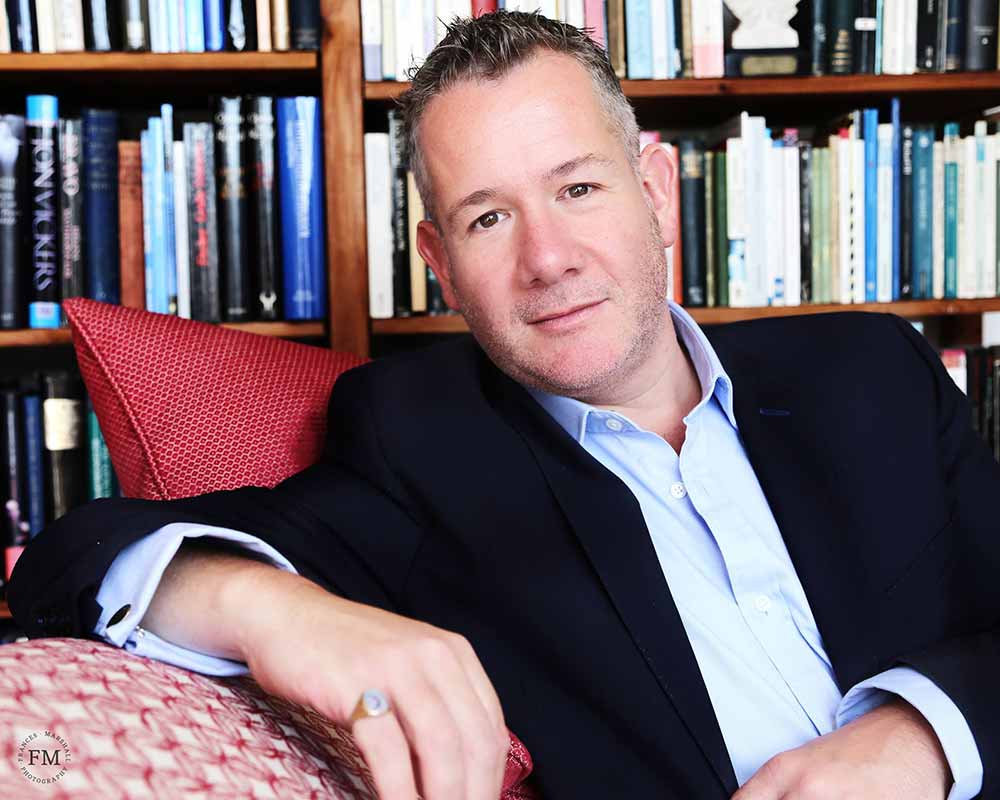


It’s a tricky situation because people know you as a baritone. Then you come out as a tenor."

Why was that?
To quote Measure for Measure: “Our doubts are traitors, and make us lose the good we oft might win by fearing to attempt…”. The fear of failure played a major role.
It’s a tricky situation because people know you as a baritone. Then you come out as a tenor. People’s expectations are high, and in trying to prove that you have made the right decision, you tend to want to run before you can walk. Of course, then you trip up. Getting up again and brushing yourself off takes a certain amount of practice.
Thankfully, along the way I also learnt the invaluable lesson of appreciating the difference between what I could accomplish on a good day (i.e. when all is going according to plan), as opposed to when I was trying to swim against the tide. That’s why I reckon a sense of your own parameters is the vital tool for self-preservation in the world of singing.
As Maeve Coughlan used to say, “show me what you can do, not what you’d like to be able to do”!
As an Irish tenor, the name of Count John McCormack is an ever-present association — what are your thoughts on this?
For many, Count John McCormack is the epitome of what a tenor should be — a truly wonderful singer. But that is the good fortune of being an Irish singer…we have so many precedents. The corridors of the Crescent in Limerick, where I went to school, were lined with photos of prominent past pupils. I still remember being asked by a teacher, as I stood gazing at a photo of Joseph O’Mara as Lohengrin, if I was going to spend my future standing onstage in tights? (Little did he know!)
I never cease to be amazed and inspired by the large number of wonderful Irish singers out there. Singers like Suzanne Murphy and Ann Murray paved the way to the top of the profession but so many are following in their footsteps. On a recent night off in Amsterdam I was lucky enough to hear Paula Murrihy in Der Rosenkavalier — a performance of mind-blowing musical and vocal intelligence!
The success of Irish singers has of course a lot to do with the quality of the teaching going on, but there are others like Jane Carty, who throughout her life has worked unstintingly to create an environment where Irish singers can flourish.
In my opinion another unsung hero is Dieter Kaegi. During his time at Opera Ireland, Dieter did more than anyone else in recent years to nurture a sense of ensemble with Irish singers. What he achieved was, in its way, comparable to what you’d find in a continental house (and that without the requisite financial resources!). Years after its demise, I can’t shake the feeling that closing down Opera Ireland was truly a case of ‘throwing the baby out with the bath water’. The fact that a feasible substitute has yet to evolve makes this all the more regrettable for Irish audiences and artists alike.
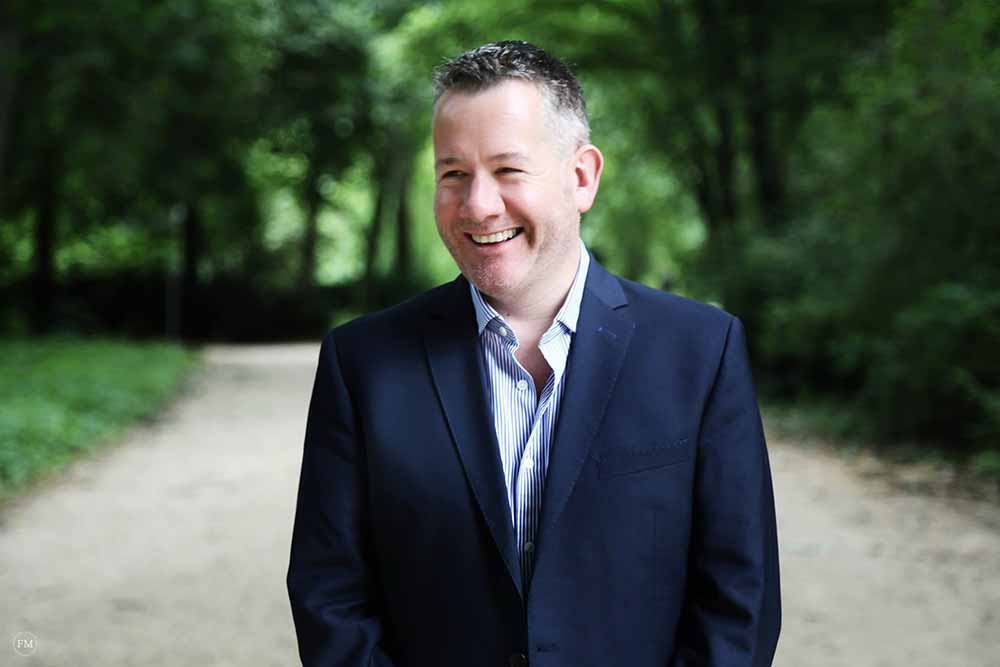


Tell us about your path from London to Berlin.
After my final performance as a baritone with the RTÉ Concert Orchestra in August 1995, I had moved back to London, where in addition to continuing with singing lessons (with decidedly mixed results!). I took on various non-singing jobs to tide me over. These included nearly two years managing London’s oldest bespoke shoemakers, Henry Maxwell’s in Mayfair. Eventually I made the decision to change teachers and to throw myself, come what may, back into life as a singer.
For all the detours along the way, my luck has been to encounter two teachers who have done a great deal to help me. The first was Robert Dean in London. With his expertise and encouragement, I got to the point where I was ready to go and successfully survive my first auditions in Germany. The second is my current teacher in Berlin, Gundula Hintz.
The choice of Germany was a no-brainer for a number of reasons. Firstly, the sheer amount of opportunities available (something more and more Irish singers are now taking advantage of) and secondly, it offered me a blank sheet where nobody knew me as a baritone. It gave me the chance to stop trying to justify myself and just get on with it.
What do you love most about Berlin?
Being at home.
Although I have sung regularly here, for me time in Berlin generally means the chance to re-charge the batteries. This is vital for someone who spends the greater part of the year on the road. In many respects, I’m a real home bird and I love being surrounded by my belongings — the joys of being in my own kitchen and cooking for friends!
Berlin also means time to check-in with my teacher. Gundula Hintz, more than anyone, has given me the means by which to take control of my life. Thanks to her input, I feel more or less equipped to deal with whatever challenges come along. There’s an awful lot to be said for no longer feeling like a hostage to daily form.
Gundula is also responsible for introducing me to Dr Friederike Janofske, a psychologist and therapist who works specifically with performance-related issues for professional athletes and musicians. Thankfully, we’ve arrived at a stage where most people acknowledge the importance of looking beyond vocal/instrumental training to embrace the benefits of mental training. In the process, I’ve come a long in way in coping with performance anxiety. While I’d say being nervous isn’t exactly a choice, how you deal with it really is.
You decided to perfect your craft in the smaller opera houses, rather than the larger operatic venues of Europe — did you make a conscious decision to do so, and how valuable was this experience?
There were some conscious decisions along the way, but generally it was just a case of looking at the opportunities as they presented themselves and trying to make the sensible choice. In terms of facilitating my vocal development, I sometimes opted to sing a specific role in what some might consider to be less glamorous surroundings, as opposed to a less challenging/financially more rewarding role elsewhere. This is something I’ve never regretted. As a freelance singer, any element of choice is a luxury.
To date I’ve performed in some twenty opera houses in Germany and although I’ve never been on a Fest contract (a full-time member of a specific ensemble), I have had the good fortune to develop close ties with two particular houses. Between 2004 and 2007 I appeared regularly at the theatre in Neustrelitz, and since 2009 at the Mainfranken Theater in Würzburg where I sang, amongst other roles, my first Tannhäuser and Tristan. The managements of both theatres have been incredibly supportive, not to say trusting in giving me opportunities to expand my repertoire and lay the foundations of my current career. Both houses have remarkably high musical standards and allow sufficient time for meaningful rehearsals. Both provided a safe haven for me to learn the trade, although the reality of the Internet means that the chance to experiment incognito no longer exists…every crank can have a blog.
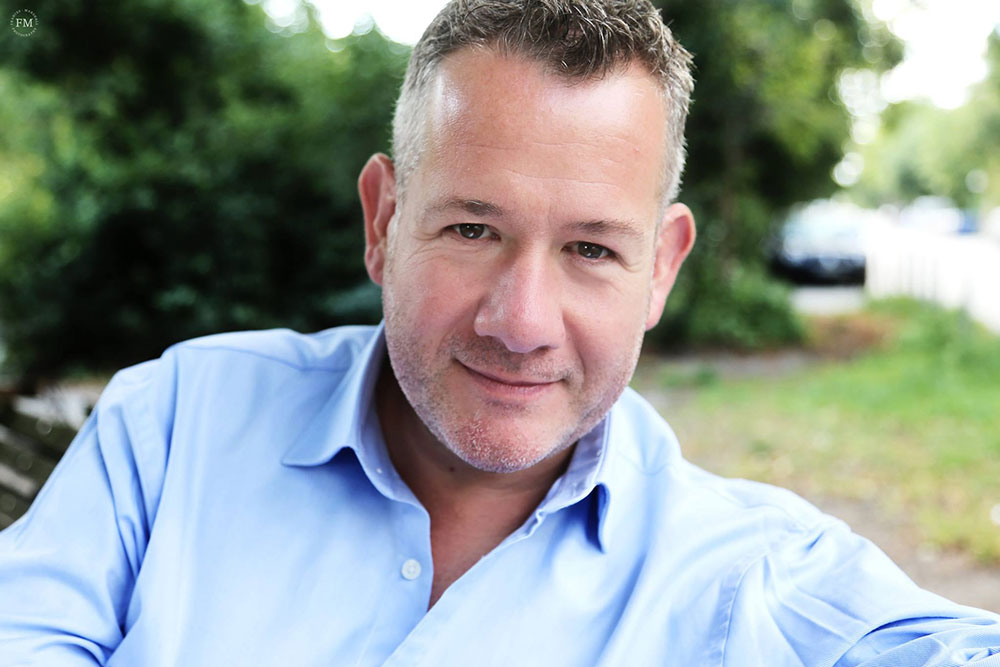

What draws you to the German repertoire, and the music of Wagner in particular?
“Horses for courses”! As someone who also managed to sing baritone, my voice has a weight and colour suited to the German repertoire.
The astonishing music aside, one might think that the Gods and dwarves inhabiting Wagner’s operas are far removed from daily life, but the predicaments they face are in many ways universal. For me, the link between all the major Wagner tenor roles is that they are all searching for an identity and a sense of belonging, be it in relationships or society as a whole. That is something with which I think the majority of people can identify. Tannhäuser (a role that I have sung more than any other) is stuck between trying to live life in a way that conforms to society’s expectations, while at the same time remaining true to himself — a sense of balance to which most people aspire.
I’ve already sung five of the major Wagner roles — Erik, Tannhäuser, Loge, Tristan and Parsifal — and I’ll add two more to my repertoire next year: Claudio in Wagner’s rarely performed Das Liebesverbot and Siegmund. It’s a repertoire I love to sing. At home I generally listen to chamber music (comes from growing up under the influence of John Ruddock and the Limerick Music Association) or, if it has to be opera, then regularly bel canto, preferably with the wonderful Majella Cullagh singing (thank God for Opera Rara!).
In 2010 you sang Tannhäuser in the first ever production of a Wagner opera in Central Asia at the National Opera in Almaty, Kazakhstan — how did audiences react to the performance?
As I remember, the reaction was ecstatic — for my part I was delighted to have survived. I’ve always got a kick out of what the German’s call an Einspringer — jumping in at the last moment without any rehearsals. It’s a real adrenaline rush. I’ve done a few over the years and have even had a Tristan performance where I met the Isolde for the first time on stage. It sounds scary, but it’s very liberating — there’s no time to worry, you just have to get on with it!
That said, the circumstances in Almaty were particularly challenging. The Premiere took place on Christmas Eve and following a disastrous journey I arrived just in time (literally) for the pre-dress rehearsal. I came face to face with a Venus who, understandably given cultural and religious norms in Kazakhstan, took some persuading that as the Goddess of love it was her job to woo the tenor. The dress rehearsal took place the following morning (at 5am according to my body clock) and there was more than a little concern that the subject matter of the opera would prove too risqué for the local authorities. All went well in the end and people were truly moved by the work.
Many professional musicians often get caught up in the practice of trying to please all of the people all of the time — how do you strike a balance in your work life?
We all want people to like us, but it is easy to make the mistake of trying too hard to please agents, managements, conductors, directors, press and public. Yes, you have to “play the game”, but it’s vital to find a way to remain true to yourself as well. You are not responsible for what others think, only for what you do. There are so many factors over which we have no control. Stressing unduly over them is of little practical use. It is better to use your energy to do what you are meant to be doing and get on with it. Accept that if you endeavour to do your best under the given circumstances, nobody can reasonably expect more. Even if it all goes horribly wrong, nobody will have died and those listening will, in their way, have an unforgettable evening regardless…ask anyone who heard me sing the Verdi Requiem!
As someone who also managed to sing baritone, my voice has a weight and colour suited to the German repertoire."

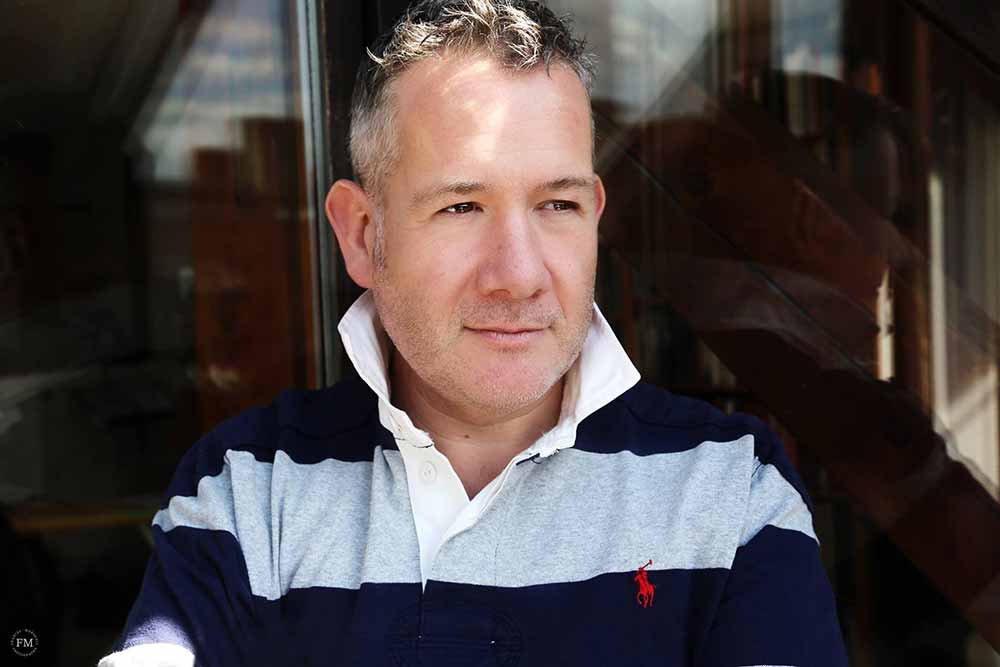

Along with Colette McGahon and Suzanne Murphy, you are one of the founders of Irish Youth Opera. What were the highlights and challenges of your time with the company and what lies ahead for the organisation?
The personal highlight of my involvement in IYO was arriving at a stage and orchestra rehearsal of The Rape of Lucretia and witnessing the four ladies (Jennifer Davis, Carolyn Dobbin, Emma Nash and Raphael Mangan) in the spinning scene — it was heart-stopping. At that stage I knew that we had, as intended, created something very, very special.
As to the future, while I think the Arts Council is to be praised for opening the market to new players in the form of providing project funding, I couldn’t say that I see this as a sustainable model. Whatever the future holds for the opera sector, I’m convinced there is room for a company like IYO — a company that can build on the wonderful work being done by the music colleges, and that is tailored specifically to the needs of Irish singers. Their talent and experience are Ireland’s greatest natural resource in operatic terms.
Do you have any further plans for a position within Arts Administration?
I am a bit of a control freak and being involved in administration does, to a certain extent, give you a way to shape affairs as you think they might work. Given the opportunity, I would love to continue to be involved in working on behalf of young artists and do what I can to facilitate their development.
Is a performance in Ireland on the agenda anytime soon?
I’m scheduled to sing Elgar’s The Dream of Gerontius with the Maynooth University Choral Society in April 2016, but I’m probably not the only Irish singer to say that I would love to have more performance opportunities at home. Sometimes it’s just an issue of timing.
One of the hardest decisions I have had to make in recent years was to turn down the invitation to sing Tristan in the Wide Open Opera production. The offer from Fergus Shiel came at a point when I was working on the role for the first time and given the specific stringencies of the rehearsal schedule in Dublin etc…, I had genuine doubts as to my ability to bring it off in a way that would do both myself and the project justice.
As a singer, an awful lot of time is spent waiting…waiting particularly for the right opportunity at the right time and trusting your instinct to recognise that.
Hard as it may be, learning to say “no” is essential.
What are the plans for the rest of the current season?
Wagner, Wagner and more Wagner!
The current season include debuts at the Amsterdam Concertgebouw with the Netherlands Radio Philharmonic Orchestra (Tristan und Isolde), at the opera in Bonn in Der fliegende Holländer, and at the Leipzig Opera in Wagner’s Das Liebesverbot and Richard Strauss’ Arabella. Elsewhere, I will sing Loge at the opera in Halle and appear as Tannhäuser at the Wartburg zu Eisenach, as well as in new productions of this opera in Aachen and Innsbruck. I also have recitals in Amsterdam and Berlin and plans are afoot for my first solo Lied-CD.
For more information on Paul McNamara see: www.paulmcnamara.info
All images displayed in this article are subject to copyright.
Share this article


